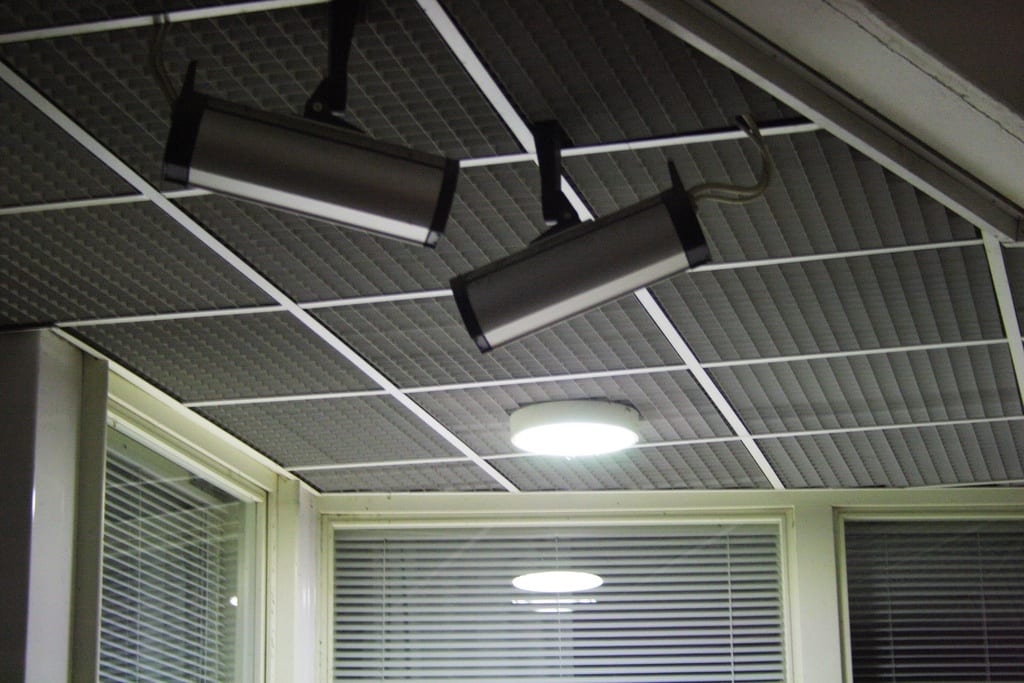Kelowna RCMP Strip Search Procedures Ruled Unconstitutional by Provincial Court and Supreme Court Judge

The Kelowna RCMP deal with many drug investigations. During some of these investigations the police come to the belief that the person under arrest has secreted drugs into their body by swallowing them or placing them up their rectum. Because of this they perform a strip search.
The Supreme Court of Canada ruled long ago that because strip searches are so invasive the police must take extra care to minimize the invasiveness of them and they must treat the subject with dignity. One of the requirements of a lawful strip search is that it be done in private with only two officers in the room to ensure that the person is not unnecessarily forced to get naked in front of many people.
The problem at the Kelowna detachment was that the strip search room (the room where these searches were conducted) was videotaped with the video broadcast to the central monitoring room of the detachment, a place in which all police officers, civilian guards, and other civilian employees had access. In other words, by conducting the strip searches in this room, the person being asked to strip down was potentially on video for dozens of people to see.
Last year, in the case of The Queen v. Madison Fine, Provincial Court Judge Burdett ruled that the broadcasting of the strip search of Ms. Fine was unconstitutional because it had been broadcast to the central monitoring room. While there was no evidence that anybody in that room watched the strip search, it was still unlawful because the strip search was conducted in an unreasonable manner contrary to Ms. Fine’ section 8 Charter right to be free from unreasonable search and seizure. Further commenting on the issue, Judge Ellen Burdett attributed the actions of police personnel to ignorance of the law rather than intentional misconduct. Judge Burdett ruled that the viewing of the search by others violated laws that had been established many years earlier. Although Judge Burdett recognized the importance of video cameras in police investigations, she concluded that the taping of strip searches should only be done with equipment inside the search room that is not broadcast to the central monitoring room. Judge Burdett also found it “alarming” that RCMP officers lacked proper training had not been required to read the policy manual on strip searches.
Just a few weeks ago, Mr. van der Walle went to trial on a similar case. His client had been strip searched in the same room and the strip search had been broadcast to the central monitoring room at the detachment. Although again there was no evidence that anyone in the room had viewed the strip search, Madam Justice Beames of the BC Supreme Court followed the decision of Judge Burdett’s in the Fine case and ruled that the strip search violated Mr. van der Walle’s client’s right to be free from unreasonable search and seizure. Based on that Charter breach, along with some other violations of Charter rights that Mr. van der Walle was successful in proving, Madam Justice Beames ruled all the drugs found in Mr. van der Walle’s client’s rectum was inadmissible in court. On that basis the client was acquitted of all the drug trafficking charges he faced.
In fairness to the police, it should be said that Mr. van der Walle’s client had been strip searched before Judge Burdett had released her ruling in the Fine case. Also, the police say that they have corrected this unlawful procedure because of Judge Burdett’s ruling in Fine case and now no longer conduct strip searches in rooms that have cameras broadcasting to the central monitoring room. Hopefully this does not happen again.Photo by V31S70 
Related Stories
Does drug addiction cause more crime?
As a whole, the Canadian justice system is very fair. The accused enjoy the right to be present and be heard in court, the right to remain silent, and the right to representation by legal counsel. That last right is one of the most important rights of...
Why You Should Hire a Kelowna Criminal Defense Attorney
As a whole, the Canadian justice system is very fair. The accused enjoy the right to be present and be heard in court, the right to remain silent, and the right to representation by legal counsel. That last right is one of the most important rights of...
Understanding Your Rights at a Roadblock
Roadblocks are a tool commonly used by the police in Canada to detect traffic infractions and alcohol violations on a large scale. In most cases, drivers will see roadblocks set up on major roads on holiday weekends or late at night around the time when...
